Renewable Energy
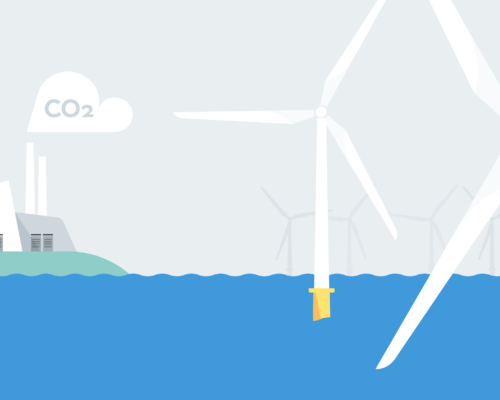
Wind Energy vs Fossil Fuels: Cost, Efficiency, and Market Trends
Wind energy is a crucial technology in regional energy transition plans. It provides a low-carbon and financially viable renewable option for many regions, and trends show that wind energy capacity will continue to grow in the coming decades.

Indonesia’s National Energy Plan (RUKN) Is Ambitious But Falls Short of Full Potential: CREA
According to a dedicated analysis by CREA, while ambitious, the RUKN fails to mobilise the full renewable energy potential of Indonesia and misses out on substantial cost-efficiency gains in the electricity sector. However, the experts note there is still time for demonstrating more ambition.
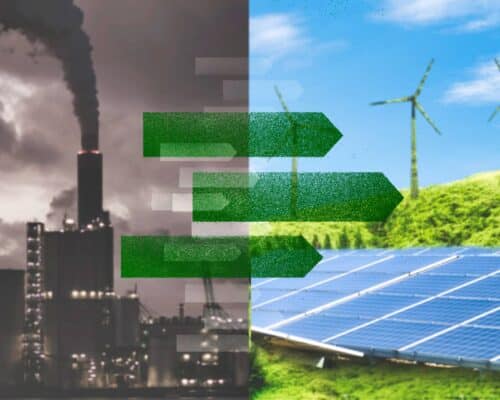
Solar Energy vs Fossil Fuels: A Climate and Financial Case
Solar energy has emerged as a cost-competitive and scalable alternative to fossil fuels. As governments strive to meet international climate targets, solar’s low emissions and rapid deployment make it a key catalyst for the global energy transition. Solar stands poised to redefine how the world powers its future by offering economic, health and environmental benefits.
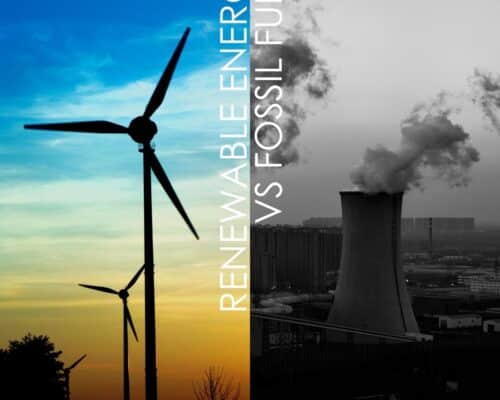
Renewable Energy vs Fossil Fuels: A Financial Perspective
Renewable energy has surpassed fossil fuels in most metrics, and as technology improves, it will surpass fossil fuels' remaining benefits. This is a pivotal time for businesses and governments to transition to fossil fuels for environmental, social and financial reasons.

Trump Quits the Paris Agreement: The Consequences
Experts say that while Trump's decision will significantly impact global climate action, it won't derail it since the clean energy transition is already underway. The economic reasoning behind it is too strong to ignore. However, other nations must unite and increase their efforts to protect the most vulnerable.
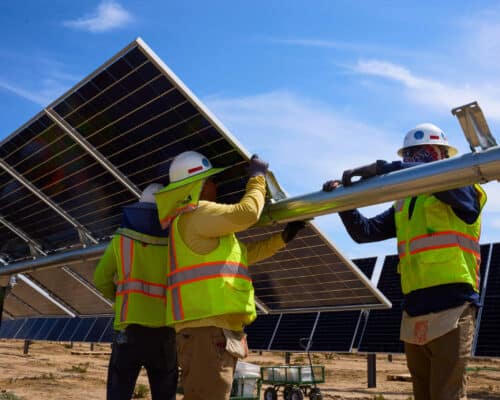
How Investing in Renewable Energy Fuels Profit and Sustainability
The renewable energy sector is predicted to rapidly expand over the coming decades as the world moves away from fossil fuels. This provides many opportunities for investors to become involved and capitalise on the transition.
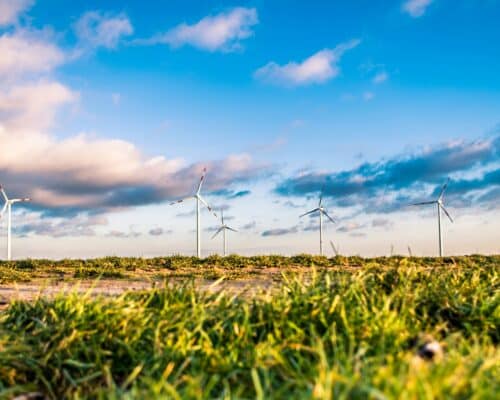
APAC Stakeholders Must Accelerate Renewable Energy Adoption
As the climate crisis escalates, accelerating the fossil fuel phaseout and scaling up renewable energy...
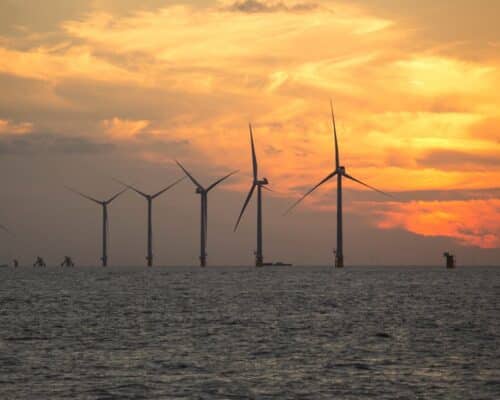
2025 Renewable Energy Trends in the Asia Pacific Region
Aside from leading the world in solar PV and onshore wind deployment, the Asia-Pacific region, led by China, will also accelerate the deployment and further increase innovations in alternative clean energy technologies such as offshore wind, floating solar and green hydrogen.
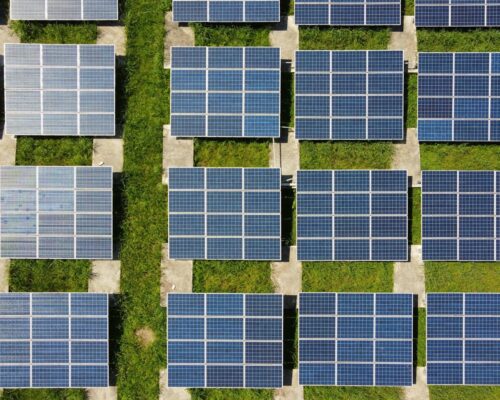
Energy Transition in Asia-Pacific: Opportunities in 2025
APAC’s booming economy, population and energy demand make the pace of its clean energy transition crucial for global efforts to slash carbon emissions in line with the Paris Agreement. The 2025 NDC updates and the ambition demonstrated by APAC countries will be among the most crucial developments this year.

How Can Technology Help the Environment?
Researchers and scientists have provided solutions to address the climate crisis and safeguard the environment. Ongoing innovations from them will enhance the affordability, scalability, and efficiency of these solutions. The next step involves increasing the necessary investments to implement these solutions effectively.

What is the Best Renewable Energy Source?
Renewable energy is more efficient and has lower environmental and health costs than fossil fuels. However, the best renewable energy source varies based on geographic and climate conditions.

Asia’s Renewable Energy Leaders and Laggards in 2024
The International Energy Agency's (IEA) Renewables 2024, published in early October, reveals Asia’s renewable energy leaders and laggards.

Laos’ Net-zero 2050: Renewable Power Generation Challenges and Opportunities
ASEAN member Laos has plans to increase renewable energy in its power mix, notably solar power buildout. However, it continues to rely on hydropower and coal-fired power plants to generate electricity, complicating both its way forward and decarbonisation plans.

Green Steel: Powering The Low-carbon Economy
Green steel is produced without fossil fuels and has significantly lower emissions than traditional steel. The IEA sees green steel development as a critical step in global decarbonisation and for companies that rely on steel throughout their supply chains.
Most Popular
Categories
-
9
-
33
-
126
-
4
-
17
-
43
-
52
-
11
-
10
-
15
-
24
-
6
-
6
-
249
-
196
-
14
-
23
-
1
-
1
-
23
-
38
-
42
-
84
-
18
-
81
-
41
-
17
-
10
-
40
-
43
-
86
-
284
-
21
-
40
-
35
-
10
-
41
-
36

